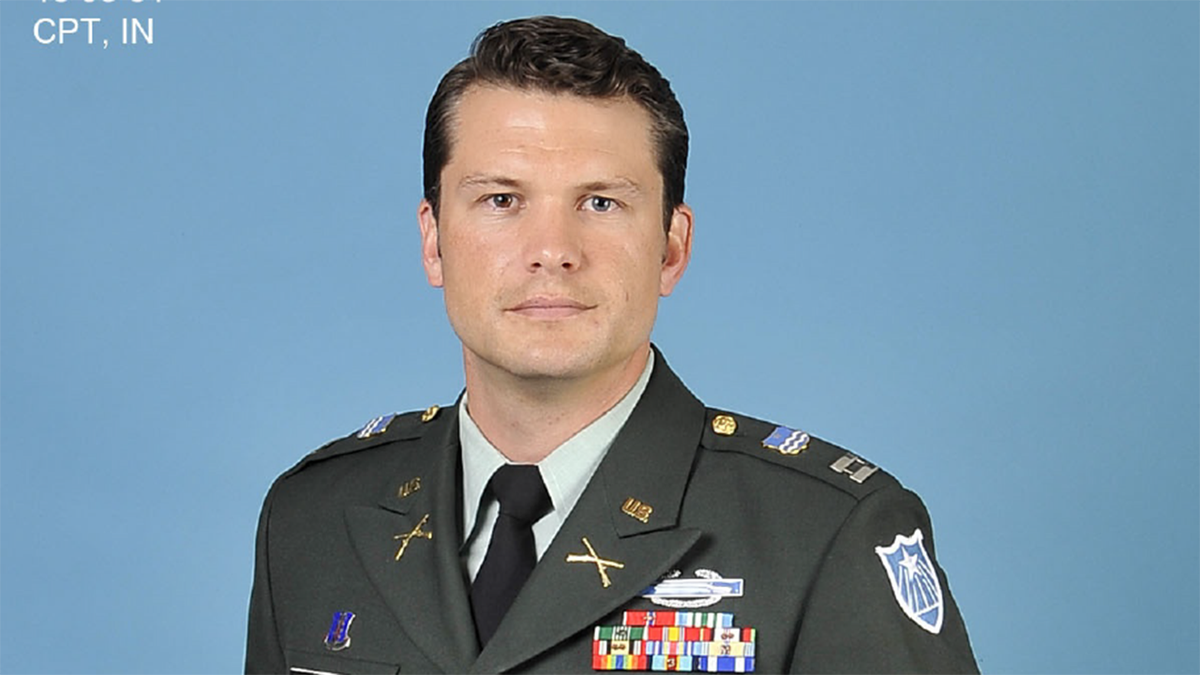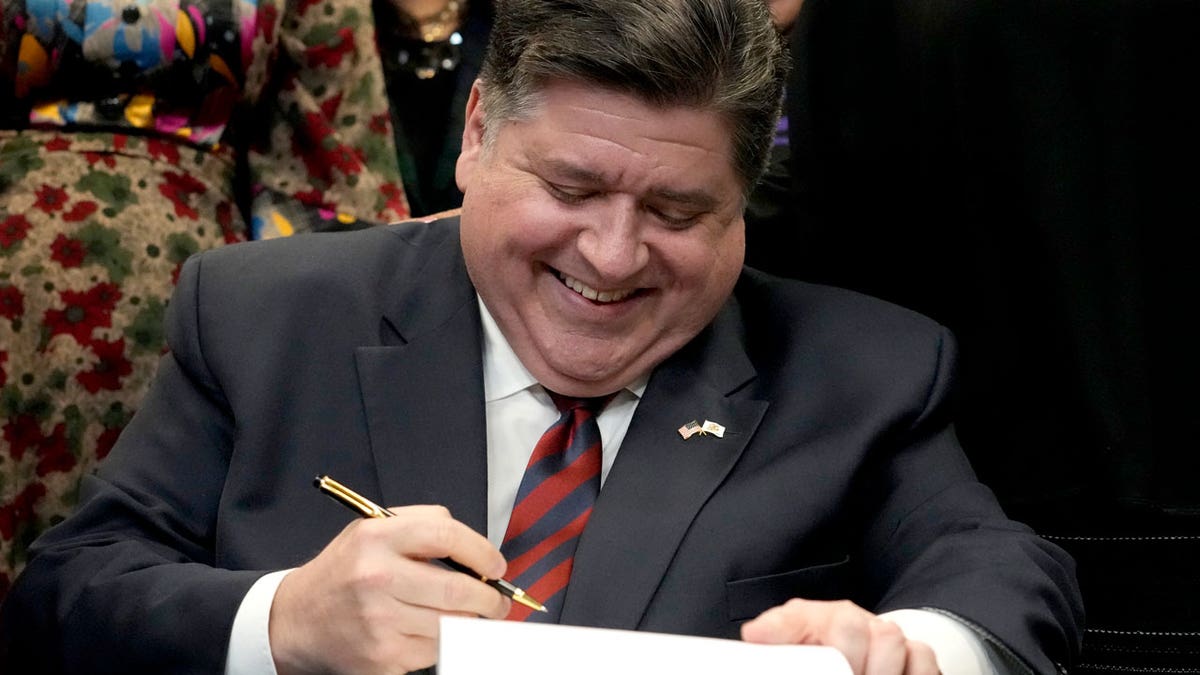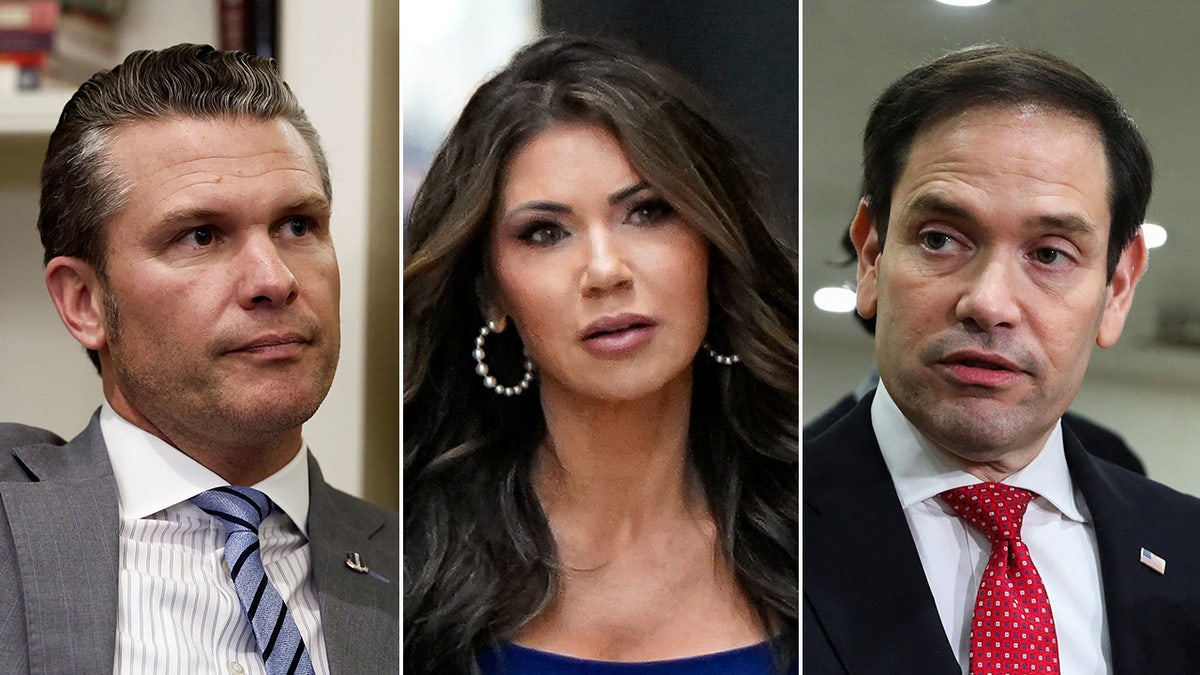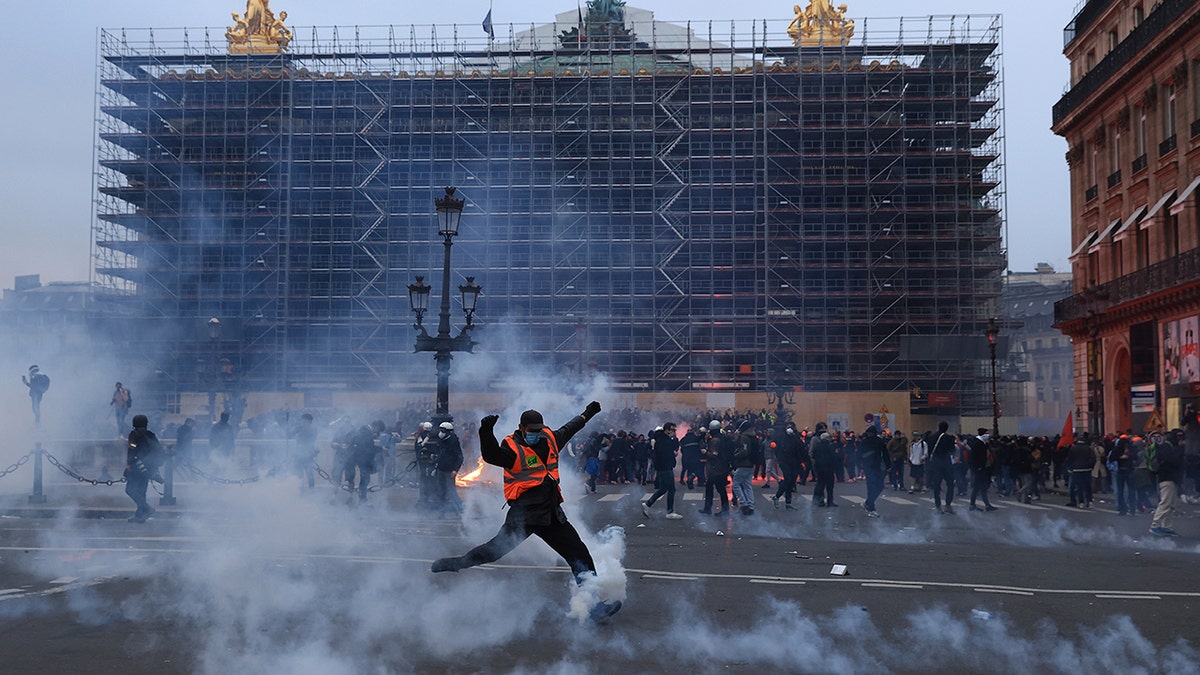Pete Hegseth's recent appointment as Secretary of Defense has sparked considerable debate, particularly regarding his qualifications and the senators who opposed his confirmation. Hegseth secured the position despite objections from Republican Senators Mitch McConnell, Lisa Murkowski, and Susan Collins, who questioned his experience to lead such a complex organization. Murkowski publicly expressed her concerns, stating that Hegseth's background didn't demonstrate sufficient preparedness for the immense responsibilities of the role.

These senators' primary concern revolved around Hegseth's lack of experience within the defense industry, a background traditionally favored for the position. They contrasted his resume with that of Mark Esper, Trump's previous Defense Secretary, who held numerous high-profile positions within the legislative sphere, the Chamber of Commerce, and defense contractor Raytheon before his appointment. This traditional trajectory is precisely what McConnell, Murkowski, and Collins sought, exemplified by Esper's near-unanimous confirmation in 2019.
However, critics argue that this conventional path has allowed "woke" ideologies and Diversity, Equity, and Inclusion (DEI) initiatives to infiltrate the defense industry. They point to statements from Raytheon's chief diversity officer, Shanda Hinton, emphasizing DEI as a core component of their ESG strategy, as evidence of this trend. This acquiescence to progressive ideologies is what Hegseth's supporters believe he will counteract.
While Hegseth may not possess the traditional corporate experience, his proponents argue this is precisely his strength. They believe his outsider status makes him uniquely positioned to dismantle the "anti-merit based policies" they perceive within the military. They contend that individuals with the experience sought by the dissenting senators would likely perpetuate the very issues Hegseth aims to address. This perspective highlights the divide between traditional qualifications and the desire for change within the defense establishment.
Hegseth's appointment is viewed by his supporters as a direct consequence of the American people's desire for a military focused on merit and effectiveness, rather than political correctness. They argue that Hegseth embodies this mandate and represents a departure from the status quo. While some express concerns about his lack of traditional experience, his proponents maintain that his commitment to challenging established norms is precisely what the military needs.
Ultimately, Hegseth's confirmation represents a gamble on a non-traditional candidate. Time will tell whether his approach proves successful. His supporters are confident he will bring positive change, while his detractors remain skeptical. The future of the Department of Defense under Hegseth's leadership remains to be seen.








